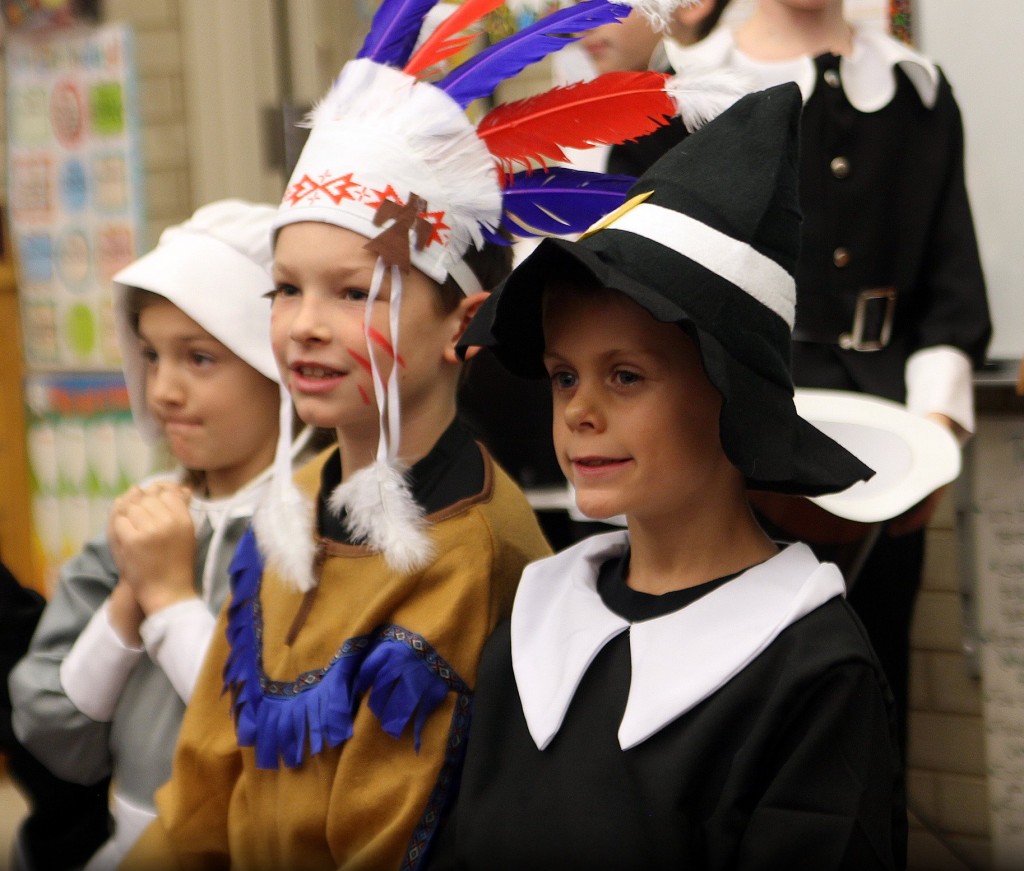
Tools to Lead Us Out of Loneliness and Back to Love
Photo Credit: Tom Cross, via Flickr Creative Commons
Isolation is painful. Being alone and feeling lonely are very different experiences. We all need alone time. We deserve to decompress, regroup and renew through our personal, private practices. Sometimes we just need to get away from it all: to focus in meditation, to convene with nature, to rest in a peaceful solitude. Loneliness, on the other hand, is emotional and social solitary confinement. It feels like a punishment, devoid of connection, empty and hopeless. When we are lonely, we feel invisible, insignificant and forgotten.
When we feel worthy, seen and cared for, we are then able to extend that wealth to others.
Several of our favorite holiday stories such as A Christmas Carol, It’s A Wonderful Life, and Rudolph the Red Nosed Reindeer, center on the transformation that occurs on the journey from the suffering of isolation to the healing and joy of togetherness. Scrooge wakes up. George Bailey has an epiphany. Rudolph finds his mojo. For each of these characters, the end result of caring and connection is hard won, preceded by near fatal, disheartening separation. We continue to revisit these modern day myths because we clearly see our own struggles in those of the stories characters.
Like Scrooge, we can bah humbug ourselves into a corner. Due to accumulated hurts and losses, we attempt to wall off our emotions in self-protection. Instead of sharing affection, we hoard it. Without emotional reciprocity, our life force begins to diminish. The joy and health of heartfelt exchange becomes a distant memory. Over time, as we continue to feed our bitterness, our internal world grows smaller, colder, and desolate.
It’s a Wonderful Life’s George Bailey is an everyman of sorts. Like him, life throws detours our way. Unexpected and harsh realities knock us down. Our obligations and hardships overwhelm us. We lose faith in others and ourselves. This dark night of the soul is filled with bleak feelings of emptiness and despair.
Rudolph feels rejected. He just doesn’t fit in. He is ridiculed for being different. For a time, he tries in vain to conform to arbitrary standards imposed upon him. Through this painful process, he discovers that there is nothing lonelier than pretending to be someone other than who you truly are.
We mercifully share with these characters the humbling, earthly and completely forgivable trait of imperfection. They descend into the prison of loneliness and must find a way to come back into the freedom and joy of connection. Scrooge faces his dismal past patterns of detachment, softens his heart, and becomes jubilant for another chance to join with others–to feed and be fed. George Bailey realizes he cannot continue to go it alone. When he hits rock bottom, he looks up to discover countless friends who he has helped, ready and able to reciprocate when he needs them the most. He steps out of isolation and into the loving arms of care and connection. Rudolph risks being seen and known. He leaves his misfit self-image behind and simply put…he shines! He becomes a cherished leader because of what makes him unique, not in spite of it.
These stories of transformation from seclusion to inclusion, from loneliness to connection can induce a certifiable case of the “warm fuzzies.” We can be grateful to Dr. Dean Ornish for writing an entire book, Love and Survival, based on the health promoting benefits of these very feelings. He writes: “ The real epidemic in our culture is not only physical heart disease, but also what I call emotional and spiritual heart disease—the profound feelings of loneliness, isolation, alienation and depression that are so prevalent in our culture with the breakdown of the social structures that used to provide us with a sense of connection and community. We are touchy-feely creatures. We are creatures of community. That which seems the most soft—love, intimacy, and meaning—is, in reality, the most powerful.”
Giving and receiving social support, cultivating connection and building community all have a common theme. When we feel worthy, seen and cared for, we are then able to extend that wealth to others. It fosters optimal physical, emotional, mental and spiritual health for all, forming an interlocking chain of trust that leads us out of loneliness and back to love.
Please share a story of your transformation from loneliness to connection?








